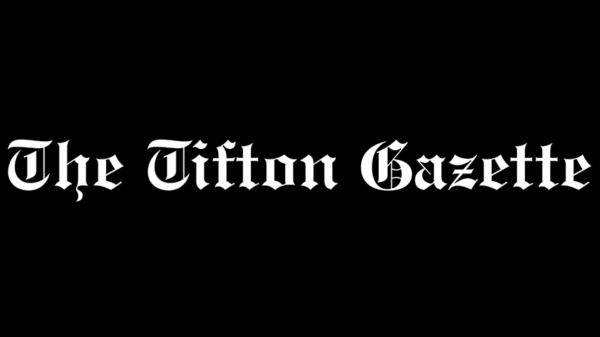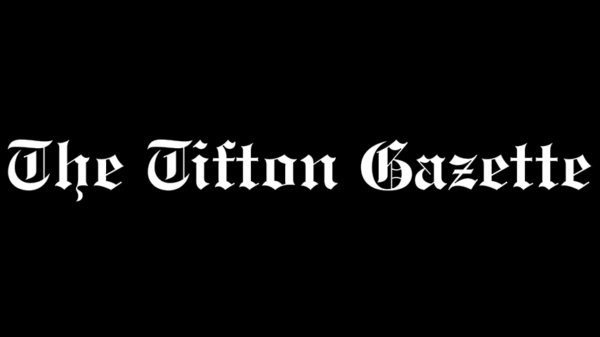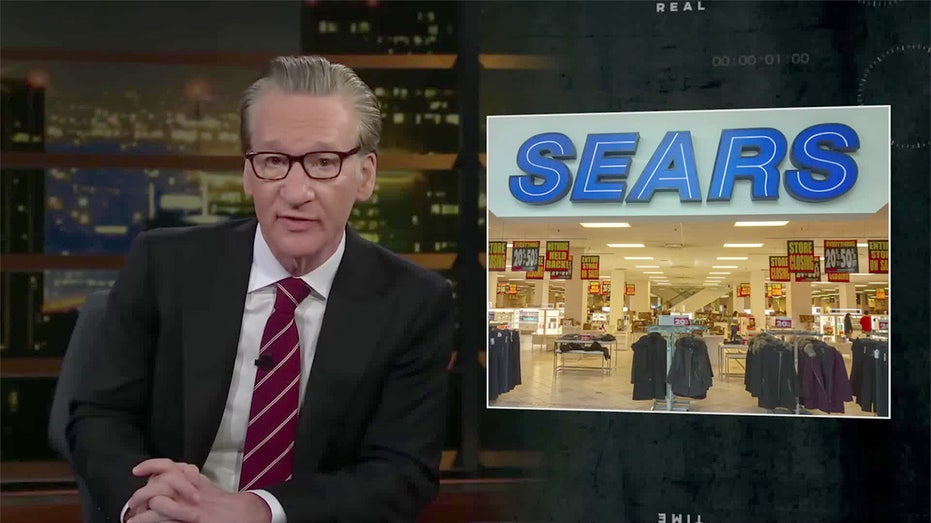On October 31, 2025, during a tense episode of “Real Time,” host Bill Maher issued a stark warning about the future of the Democratic Party, likening its declining relevance to that of the once-thriving department store Sears. Maher’s urgent remarks highlight a growing concern that the party may be reducing itself to a “ghost brand,” echoing the fate of Sears, which was once synonymous with American retail.
Maher pointed out that Sears, which once represented 1% of the entire U.S. economy and dominated the appliance market, has faded into obscurity—a fate he fears awaits the Democratic Party. “The cautionary tale of the ghost brand is an important one because it applies not only to business but also to politics,” Maher stated, emphasizing that the Democrats are experiencing their lowest ratings in 35 years, with a staggering 63% unfavorable approval rating.
In a compelling analogy, Maher compared the Democratic Party’s decline to that of Sears, suggesting both once enjoyed significant popularity but have since lost touch with their core audiences. “Democrats once controlled Congress and the Supreme Court, but now, at a time when former President Trump is redefining democracy, the Democrats are struggling for relevance,” he lamented.
The host elaborated that just as Sears symbolized the American dream while failing to adapt to customer needs, the Democratic Party risks becoming just as irrelevant. “Like Sears, it used to be mighty and ascendant and popular,” he warned. “Now, they are a pathetic shell, much like Mitch McConnell, haunting the political landscape.”
Maher didn’t stop at retail; he drew parallels with the adult lifestyle brand Playboy, humorously remarking that the magazine, once a staple of American culture, has also lost its way by straying from its original formula. “They decided they didn’t need straight men anymore,” he said, noting that the magazine’s pivot has led to a collapse in its subscriber base.
The host’s commentary comes as Democratic Party strategists reportedly scramble for solutions to boost their polling numbers, with some expressing a wish for a significant economic downturn as a rallying point for the party. “What happened to Sears? Did we love it? No, but you just went,” Maher mused, making it clear that the Democrats must rediscover their purpose to avoid becoming another ghost brand.
He also referenced the demise of Barney’s, a major player in American retail that succumbed to bankruptcy, leaving behind only a memory of its former glory. “After Barney’s closed for good in 2020, it became, yes, a spirit Halloween,” Maher quipped, driving home the message that without revitalization, the Democratic Party may face a similar fate.
As America navigates a political landscape increasingly dominated by polarization, Maher’s commentary serves as a call to action for the Democratic Party to re-engage with voters and redefine its identity. “America needs two political parties, not one party and one Halloween store,” he concluded.
With the political climate rapidly changing, Maher’s insights underscore an urgent need for the Democratic Party to reassess its strategies and reconnect with constituents before it becomes a mere shadow of its former self. The conversation around these critical issues is not only relevant but essential as the nation approaches the next election cycle.








































































